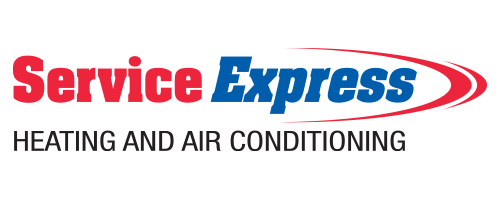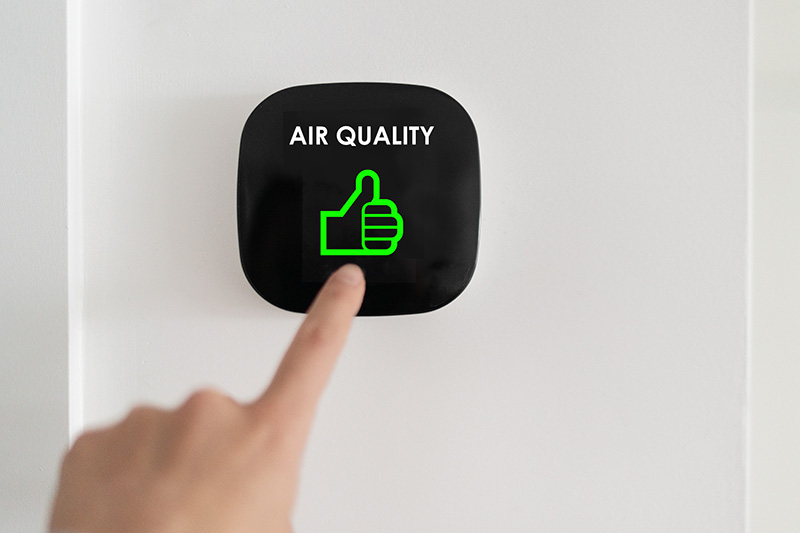The average American spends more than 90 percent of their life indoors. This is why testing your indoor air quality is so important to your health.
The average American spends more than 90 percent of their lifetime indoors. This is one of the more compelling reasons to be aware of what’s going on with your indoor air quality. Testing shows you the pollutants, allergens, and debris that affects your air quality. Here’s what you need to know about air quality testing and how to determine if it’s something you need to do.
Is Air Quality Testing Necessary?
Monitors with sensors can help you keep track of the air quality in your home in a simple and discreet way. But, not every homeowner needs to test or use sensors to track their indoor air quality. Whether such steps are necessary for you depends on things like conditions in your area. If radon is common in your area, installing radon-detecting sensors is a good idea.
What Are Signs Suggesting You May Need to Test?
As mentioned above, not every homeowner needs to test the air quality in their home. Still, there are some signs that suggest you need testing or monitors with sensors to test what you need. These include:
- Musty-smelling air and other signs of poor ventilation
- Respiratory issues and other health concerns
- Unusual odors in your home
You may also need testing if you have an older home. Some older construction materials, for instance, produce harmful pollutants or volatile organic compounds. Certain construction methods that are no longer used could also cause ventilation problems.
What Are Air Quality Testing Options?
One option is to install monitors. Top-quality monitors use sensors to detect odorless gasses like radon and carbon monoxide. Others have sensors that detect VOCs and other particles in the air. Choose monitors designed to detect airborne substances that concern you most. Testing air quality in your home can also involve:
- Using swabs, tape strips, or other methods to test for mold
- Doing short-term or long-term radon tests
- Installing a carbon monoxide detector
How Can You Improve Your Home’s Air Quality?
Other than testing, there are some steps you can take to reduce your risk of air quality issues in your home. This includes improving ventilation and air circulation and using mold-killing products. These are products like vinegar, dish soap, and borax. You should also have an HVAC professional check your home’s HVAC system.
How Does Better Air Quality Affect Your HVAC System?
Poor indoor air quality makes your HVAC system work harder to filter particles from the air in your home. In turn, your heating and cooling system may have more breakdowns. This could lead to other issues that could shorten its lifespan.
Call Us Today
An HVAC professional from Service Express Heating & Air Conditioning is here. If you have concerns about your indoor air quality and comfort, we are ready to help. A good place to start is to have your heating and cooling system inspected. If we find any problems with your HVAC system, we’ll recommend a solution that resolves the issue. We want to help improve the quality of your home’s circulated air. Contact us today to schedule your appointment with one of our HVAC professionals.

